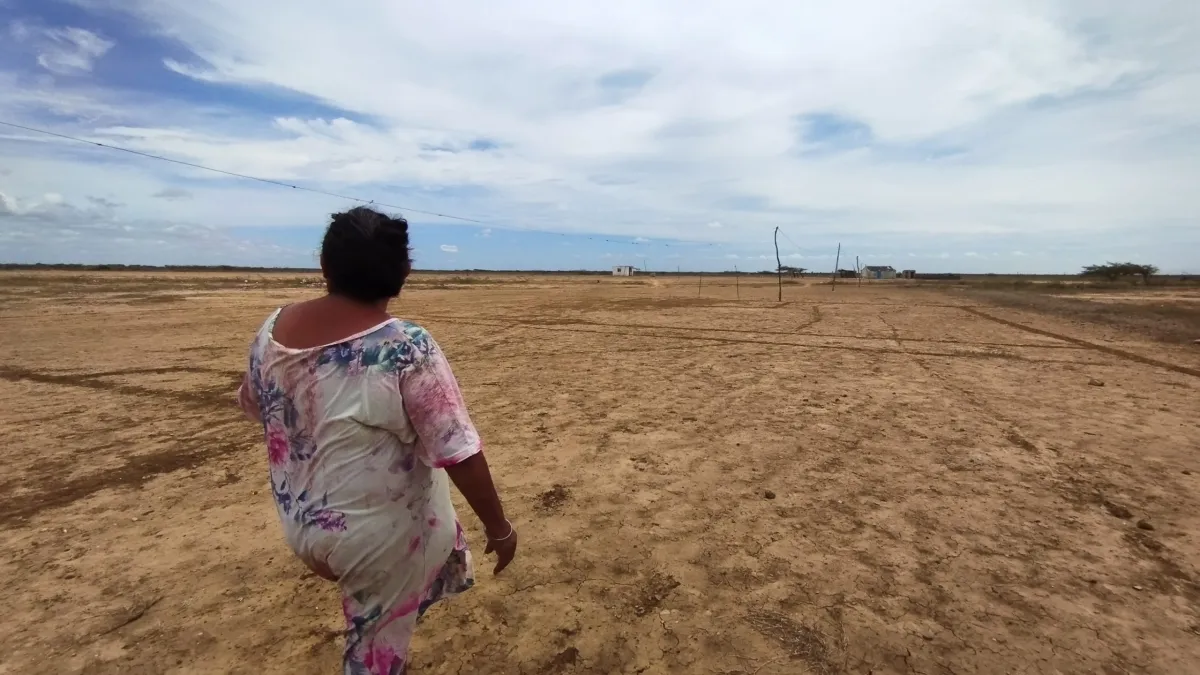You
Lost a country
Within yourselves
Exile; Yolanda Pantin
Where are the Venezuelan intellectuals when it comes to raising our voices? They have always been there, telling what we suffer daily, although sometimes we don’t listen to them. At least that is what the anthologists Diajanida Hernández and Ricardo Ramírez Requena of Poetry against oppression (1920-2018) affirm. They joined this literary initiative of the NGO Provea to promote human rights in all possible languages.
The compilers consider the work an “artifact for activism” that places poetry as an expression of non-violent protest and a sound box for human rights, encouraging new mechanisms of enforceability in times of oppression. The anthology, which has no cost in money, can be exchanged for medicines under the “Books for Medicines” format, a bet that makes the book available to Venezuelans, a country where paperback publications are scarce. The drugs collected are donated to humanitarian organizations.
The selection of texts, divided into decades, was intended for each poem to dialogue with the other, in a memory exercise that reveals a tradition of rebellion against authoritarianism. As the poet Willy McKey expresses in the prologue, it is dangerously appealing to believe that the work of poetry consists solely of being a niche for beauty: poetry is explosive or it is not poetry.
That is why we see how, in the 1920s, the poet Francisco Pimentel “Job Pim”, already raised his voice to Juan Vicente Gómez with verses such as: “Here you are, despot / You will not end everyone; we are many / with brains and soul. ”; the same as Andrés Eloy Blanco: “Mother, if they kill me / don’t let the man with the black chairs come”; or Leoncio Martínez, who since then was thinking about forced migration during dictatorship: “I am thinking of exiling / moving away from here / to a strange land where I enjoy / the freedoms to live.”
From the 50s, the compilation shows elegies to a dead city like those of Manuel Felipe Rugeles: “This is the city / in which there are only collapsed stones / and blood spilled between the stones. ”; and devastating verses like those of Lucila Velásquez: “They shot freedom against a wall of songs.”
In this inventory, some poems transcend eras, classics such as “Do you sleep, Mr. President” by Caupolicán Ovalles, which can be read six decades later with the same impact it had in the 60s: “Do you sleep, Mr. President? / I ask you for being young and handsome / and not like you, lord of the siesta./ Eye of mud and Water of Urgency. ”. The same goes for “Against the police”, a poem of the 80s by Miguel James that could well be addressed to the fearsome FAES of the 21st century.
There is, also, a lot from the revolutionary period that swore to vindicate the masses only to condemn them to oppression and poverty. I leave a sneak peek of some verses that, even after reading and closing the book, resonate:
“Small governments, inevitably, can only afford developing devils, incubus, and succubus of battered quality, that is, unimportant persons.” (Eleazar León).
“They slammed the door with knives / belched our names / spit on the mailboxes / sulfured the garden.” (Luis Enrique Belmonte).
“Listen to the song / the swing / of General Boot.” (Yolanda Pantin).
“Not only hard times come, but they have already arrived” (Samuel González-Seijas).
“My country was a cement goddess on the banks of a poisoned river” (Santiago Acosta).
“Everything indicates that we will suddenly eat the herons / of the Guaire.” (Isa Saturno).
“The only glory in your name, Liberator / is a noisy avenue of heels / size forty-six.” (Alejandro Castro).
“Does this man believe in something? / -Praise the bullet.” (Yéiber Román).
“Everyone is gone / The walls of the house are covered with mud.” (Enmanuel Núñez).
“With the change of the symbols / the destruction of the country began / The Image / went totally black.” (Igor Barreto)
“Those who kill have not really lived.” (Rafael Cadenas).




